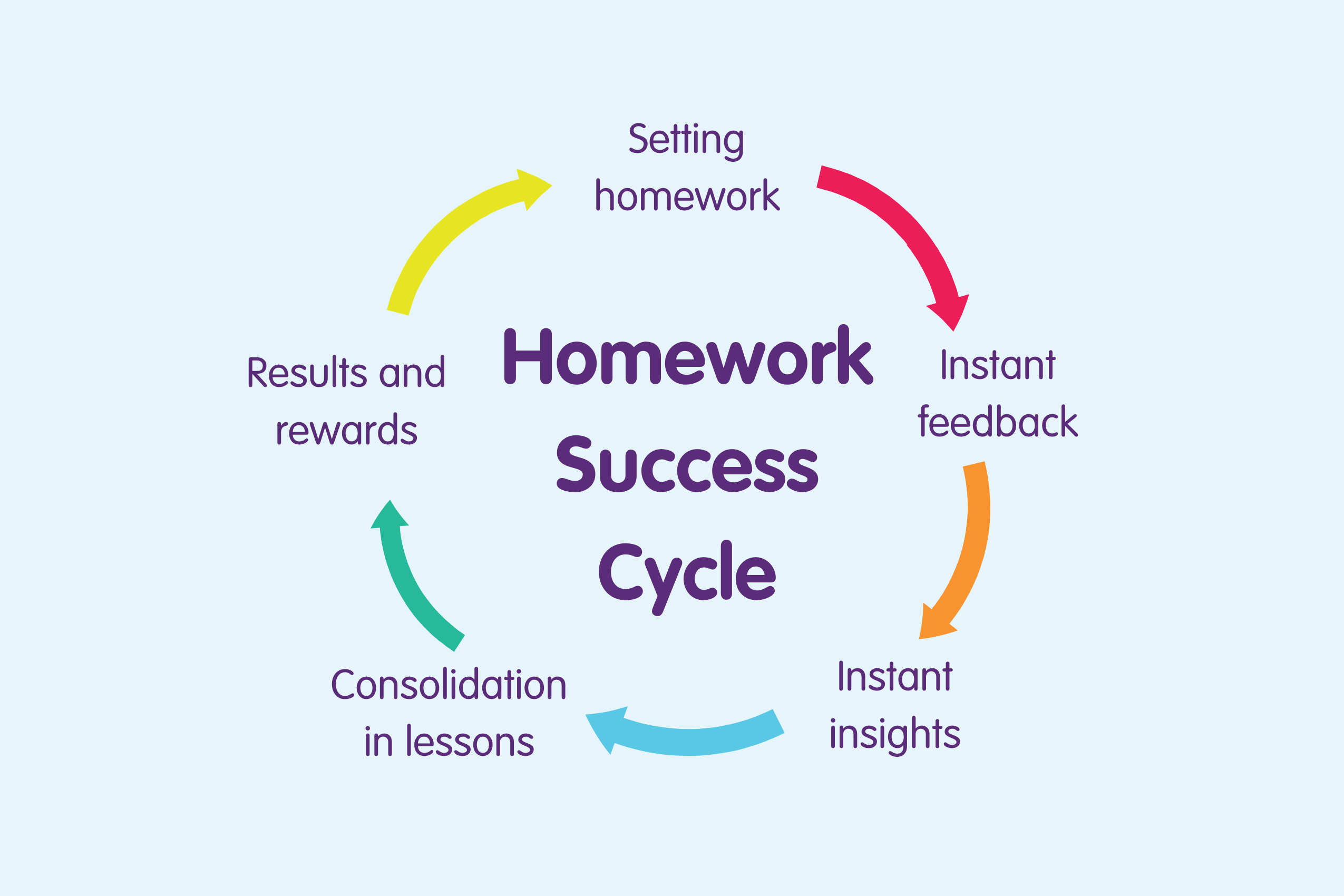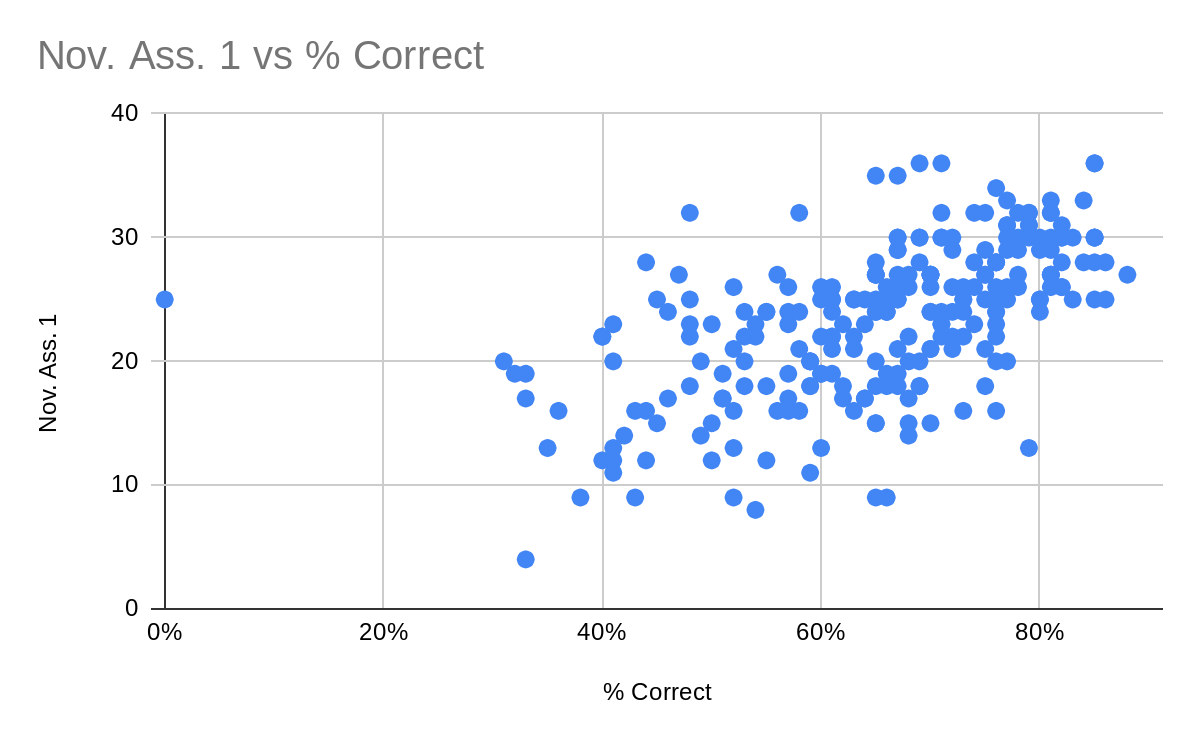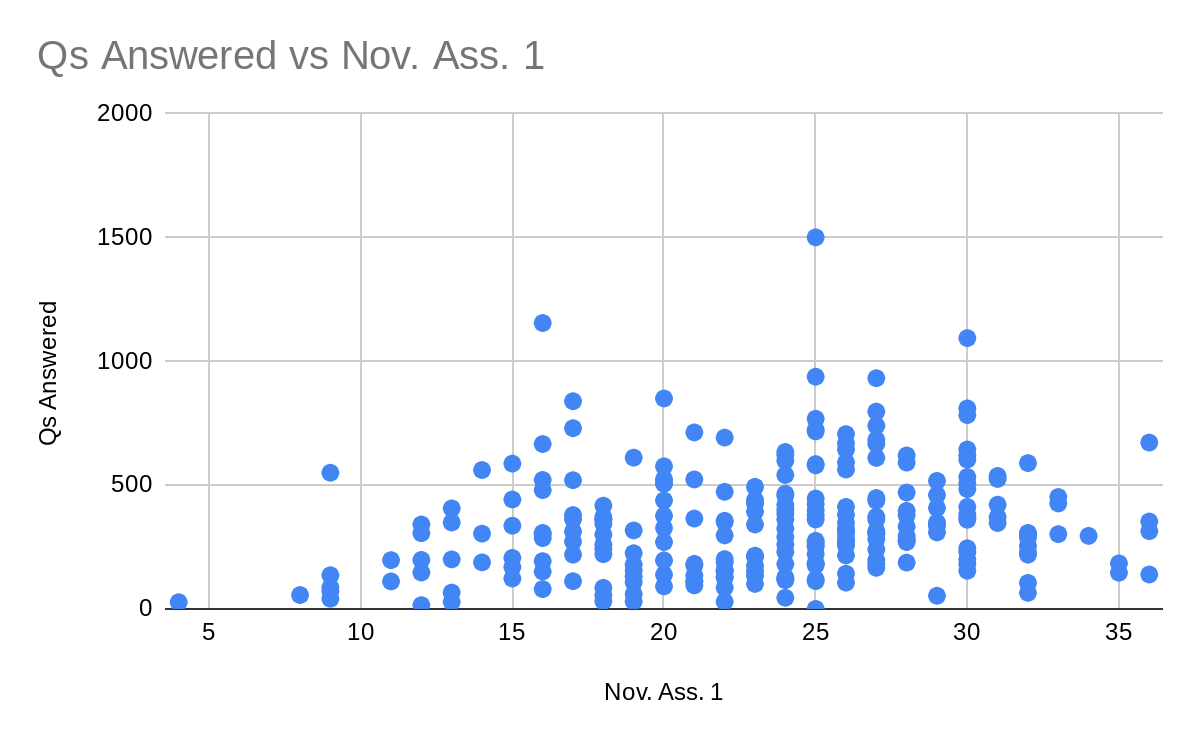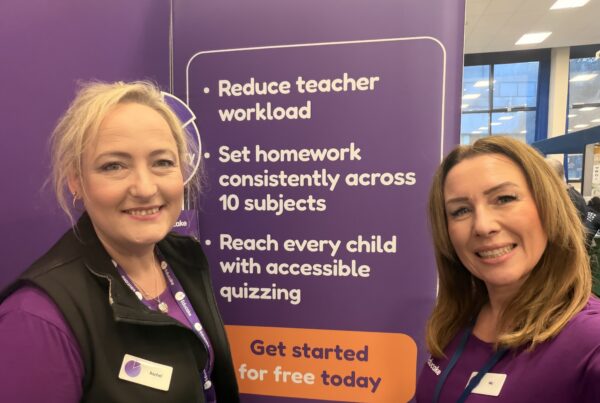 Jen Taylor, Curriculum Leader for Science at Woodchurch High School, shares how Educake helped her team create a new kind of positive feedback loop – the success cycle.
Jen Taylor, Curriculum Leader for Science at Woodchurch High School, shares how Educake helped her team create a new kind of positive feedback loop – the success cycle.

Setting homework
Our school uses Educake for setting homework across the sciences. KS3 are given a weekly 15-question quiz, whereas KS4 receive one quiz per science every fortnight.
Previously, it would take me at least an hour per class to set and mark a homework task. Educake has reduced that time to around 10 minutes. Importantly, we still get the same level of information on students’ progress.
Here are some tips to make setting homework as easy as possible with Educake:
- I like to pre-date tasks as I set them, so that I can set many tasks at once. Students won’t receive these tasks until my chosen date.
- Being able to filter the difficulty level of the questions helps me to meet the demands of the class.
- It’s really useful being able to set randomised questions. For example, I can click on ‘random’ to select 15 questions for my year 7 class, then quickly scan through and swap questions out if necessary.
- Another helpful feature is that staff can see what each other are doing. If I needed to teach a lesson on a specific topic, I could re-use a quiz that a colleague had previously set and monitor the use of Educake across the department
Instant feedback for students
As part of our homework policy, we ask students to repeat the quiz until they score 100%. This is powerful because they receive the correct answers on their first attempt, allowing them to learn from their mistakes and immediately apply what they’ve learnt. This constant retrieval and repetition is really beneficial. Knowing that they can always retake a quiz is also great for their resilience.
On the right-hand side of the homepage, students can see progress bars for how they’re performing in their skills across all three sciences. They can then be proactive about finding the areas where they’re a bit weaker and try to improve there.
Instant insights for teachers
As Subject Leader, monitoring the progress of all students across the school can be challenging, but Educake easily puts that information at my disposal. It gives me a clear picture of how students are performing across different subjects in a way that would otherwise be very time consuming.
I have used this data to look at students who are underperforming in each year group and have then created intervention groups, meaning I can easily set them additional tasks.
If I notice that a lot of my students have got the same question wrong, it’s really useful to inform my practice as a teacher and I make sure to address that within my lessons. Equally, in topics where they’ve performed well, I know that I can move on from that because their knowledge is secure.
Consolidation in lessons
Once a fortnight, we’ll give students a sample quiz of 10 questions from their homework at the start of a lesson. Students love seeing how much they’ve retained and it’s a great starting point to set a positive tone for the lesson.
I can also display on the whiteboard how students have performed and can praise students who’ve done well. I can also show the trends of the group alongside the national average values.
Results (and rewards!) for students
Every week we have a leaderboard (based on the Educake league tables) in our science corridor which I update with the top 3 students per year group. The leaderboard shows the number of questions they’ve answered—this means we reward effort rather than ability. This way, students in the lower sets know that they have just as good a chance as anyone else.
Recently we’ve started having termly Educake celebration parties. Every term I invite the top 5 students in each year group to a celebration with cake and give out Educake badges. The league tables make it easy to integrate these rewards into our routine. We’ve also found that these competitions are great for motivating students to set themselves questions above and beyond the mandatory homework.
I pulled together some data to examine the correlation between students’ attainment in their November assessments and their engagement with Educake questions. There’s a clear upward trend showing that students who answer the most questions perform the highest on their other assessments.


Conclusion
I would recommend Educake to other school leaders and explain that it’s an online homework platform that reinforces students’ understanding of content and builds confidence. It’s also great for collating data on how the students are performing.



